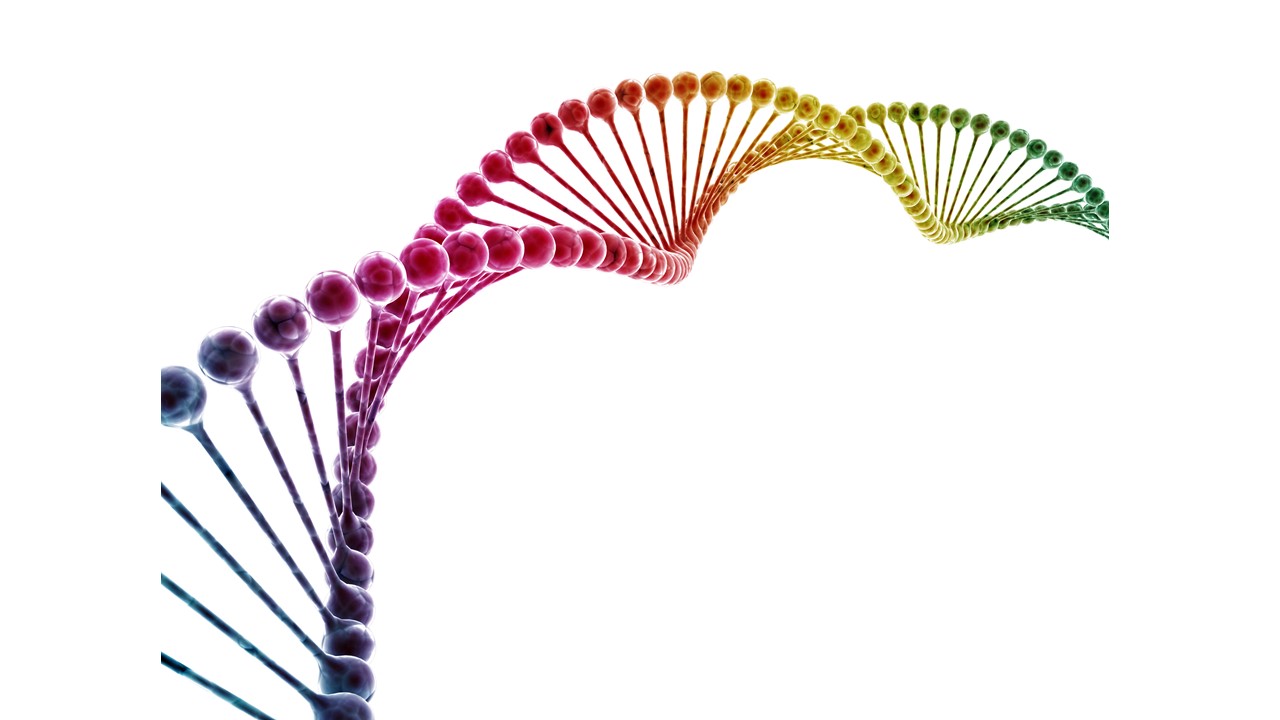
On GM foods, part 2: Let’s talk about what truly matters
With a focus on processes rather than products, discussions of genetically engineered foods miss the mark. Here’s how we can change those discussion for the better.
live-composer-page-builder domain was triggered too early. This is usually an indicator for some code in the plugin or theme running too early. Translations should be loaded at the init action or later. Please see Debugging in WordPress for more information. (This message was added in version 6.7.0.) in /var/www/wp-includes/functions.php on line 6121live-composer-page-builder domain was triggered too early. This is usually an indicator for some code in the plugin or theme running too early. Translations should be loaded at the init action or later. Please see Debugging in WordPress for more information. (This message was added in version 6.7.0.) in /var/www/wp-includes/functions.php on line 6121
With a focus on processes rather than products, discussions of genetically engineered foods miss the mark. Here’s how we can change those discussion for the better.
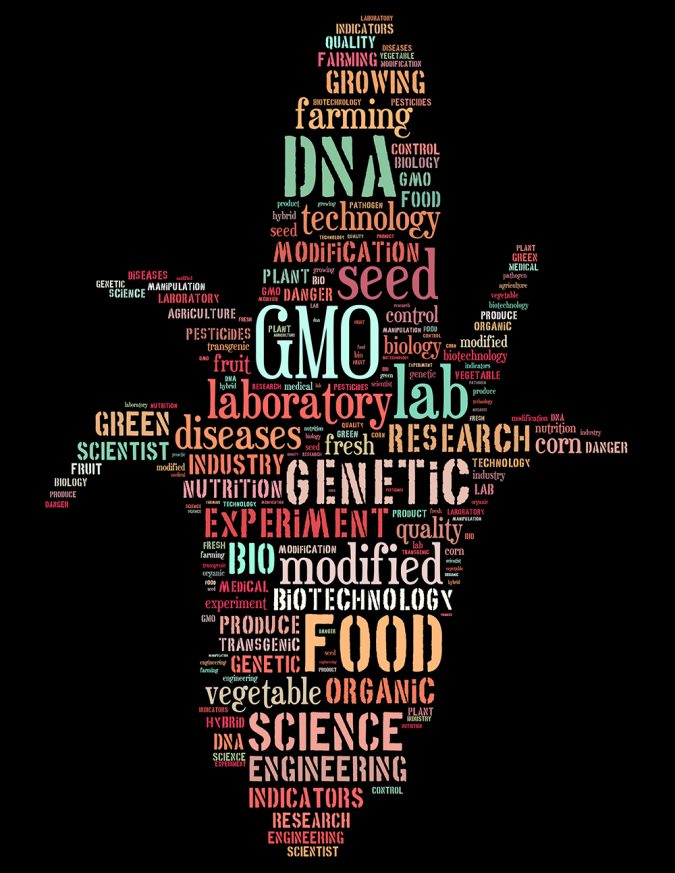
Genetic engineering of foods arouses great passion. Those who are either for or against will ardently seek to convince others of the inherent propriety of their viewpoints. The GMO discussion and all the words it has devoured is like a three-act pirouette. It just spins in place, going nowhere endlessly.
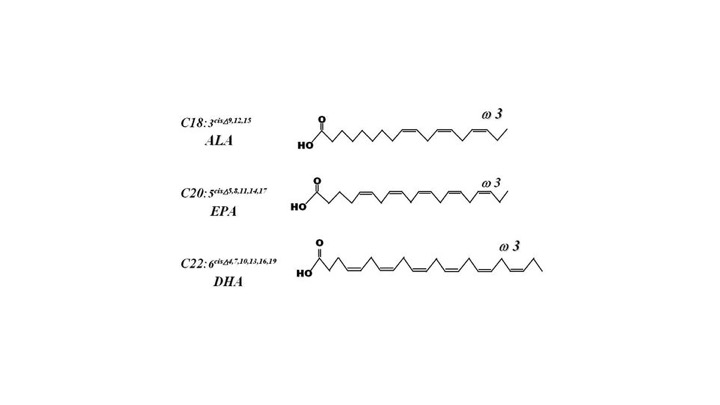
We hear all the time about omega 3 fatty acids and how they are important they are for our health. Two of the three omega 3s essential to human health are made only by marine organisms. Unfortunately, their supply is limited and can’t be increased. As our population increases, we face expanding demand that can’t be met as things stand now. Starting this month, a group of researchers in England will do an on-farm trial of an oilseed crop they engineered to produce one of the two marine omega 3s—EPA.
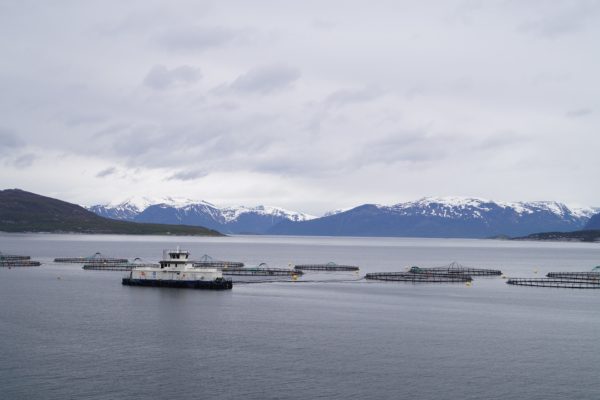
We need more sustainably-raised and nutritious food. Aquaculture is certainly poised to contribute meaningfully to our future food needs. Fish farming makes a much smaller call on resources than other types of animal agriculture, and it provides nutritious food that public health experts say should be a larger part of our diets. It’s not the sole answer to “What’s for dinner?” in 2040. But it will be an important part of the answer.
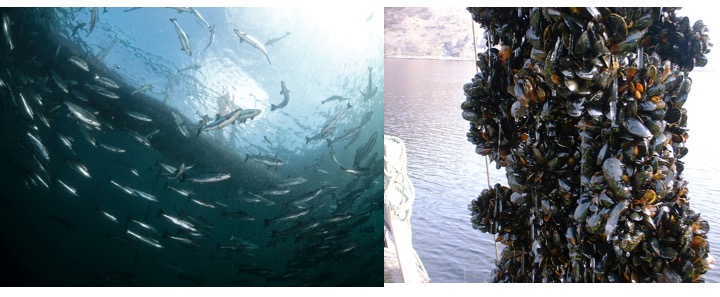
This is the last article in my series on aquaculture. Many times in this small series, I’ve argued that the expansion of fish farming is both good and necessary. And, just as many times, I’ve said that this expansion needs to be sustainable. Sustainable is a problematic word. It means so many things to many people that it may actually mean nothing to anybody. For myself the short, and admittedly rather vague, definition I use is that sustainable means practicing now in ways that do not preclude the opportunity for others to practice in the future. Others, however, have undertaken much more rigorous efforts to define sustainable aquaculture in particular. They have also taken the steps to recognize those who adhere to their sustainability vision. In this article I describe some of the work of those who define sustainable aquaculture and what it means.
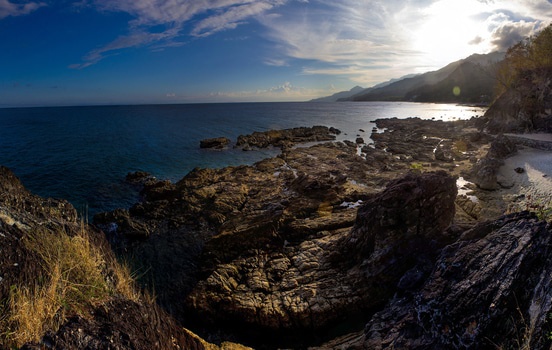
Fifth in a series on aquaculture. What does sustainability look like in aquaculture? What progress is being made and what challenges remain?
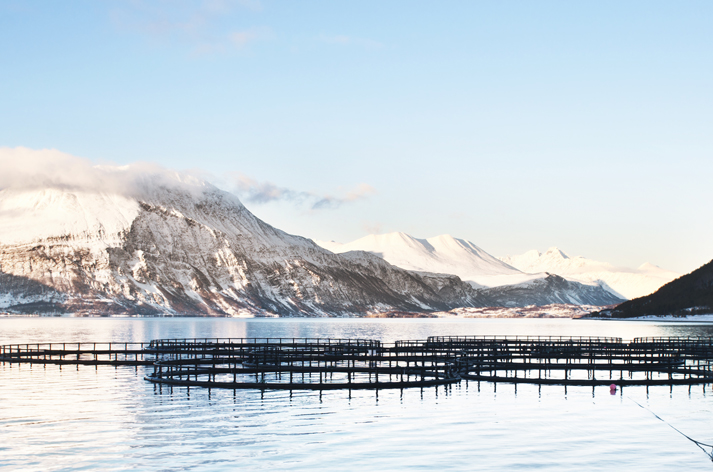
Fourth in a series on aquaculture. Our food supply needs, roughly, to double by mid-century. Even with evolving improvements, terrestrial agriculture will be severely challenged to meet our requirements. The discontinuous change aquaculture provides offers hope that we will meet our need for healthy and nutritious food raised sustainably.
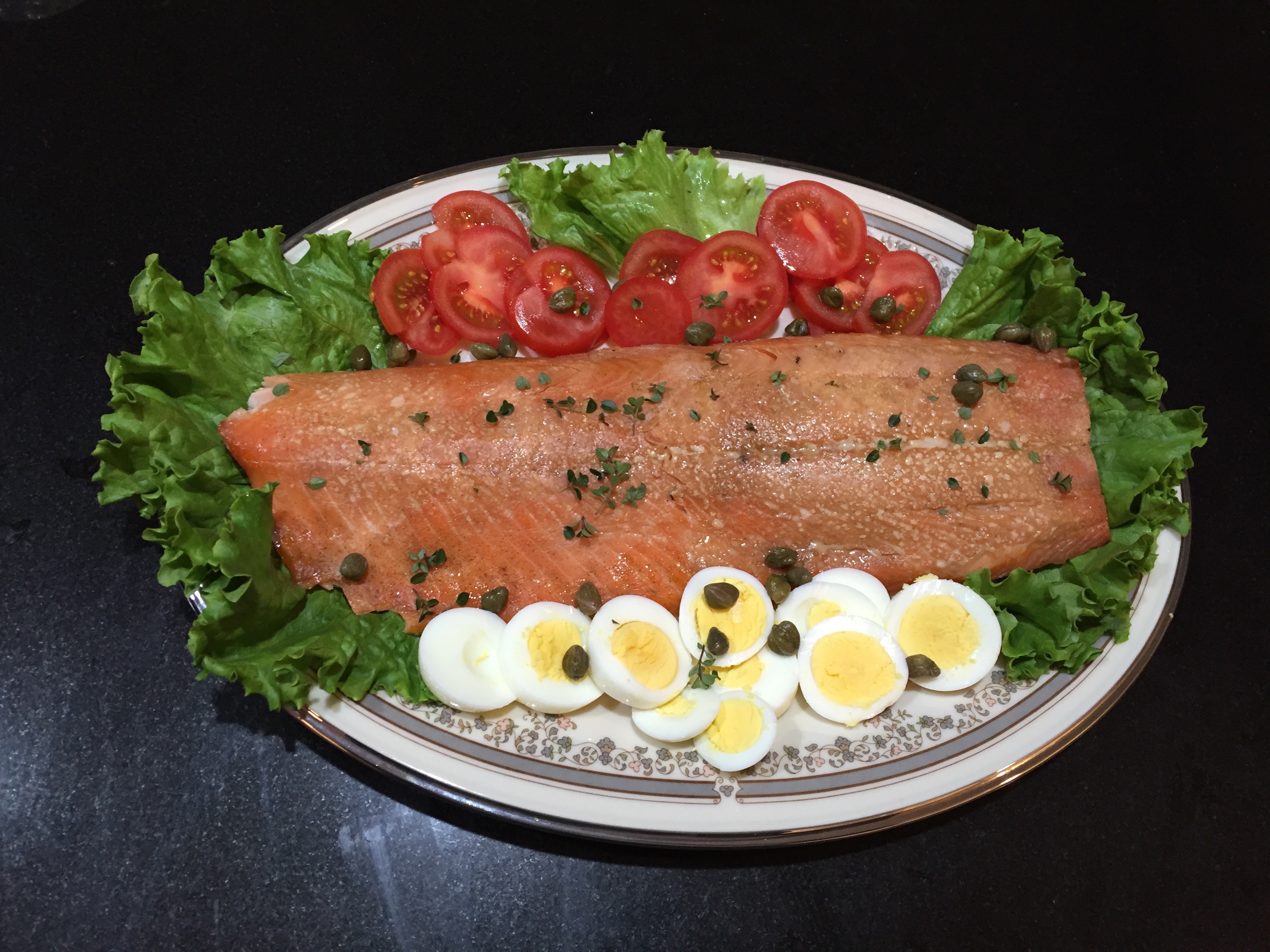
Third in a series on aquaculture. This week-How do you farm in the ocean? It turns out there are lots of ways. In this article I walk you through a few farms to see how fish are raised.
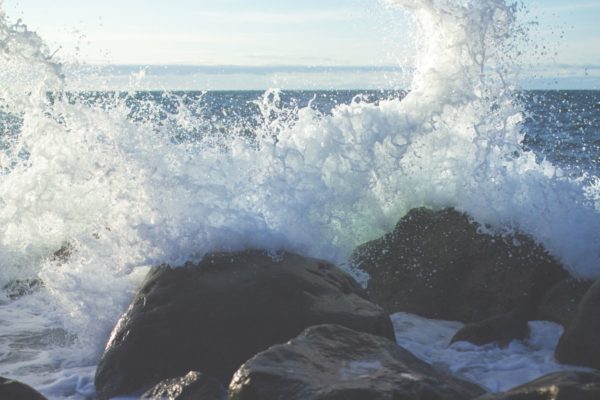
This is the second in a series on aquaculture. This week-aquaculture is ancient and, in a few paragraphs, we race through 4500 years of its history.
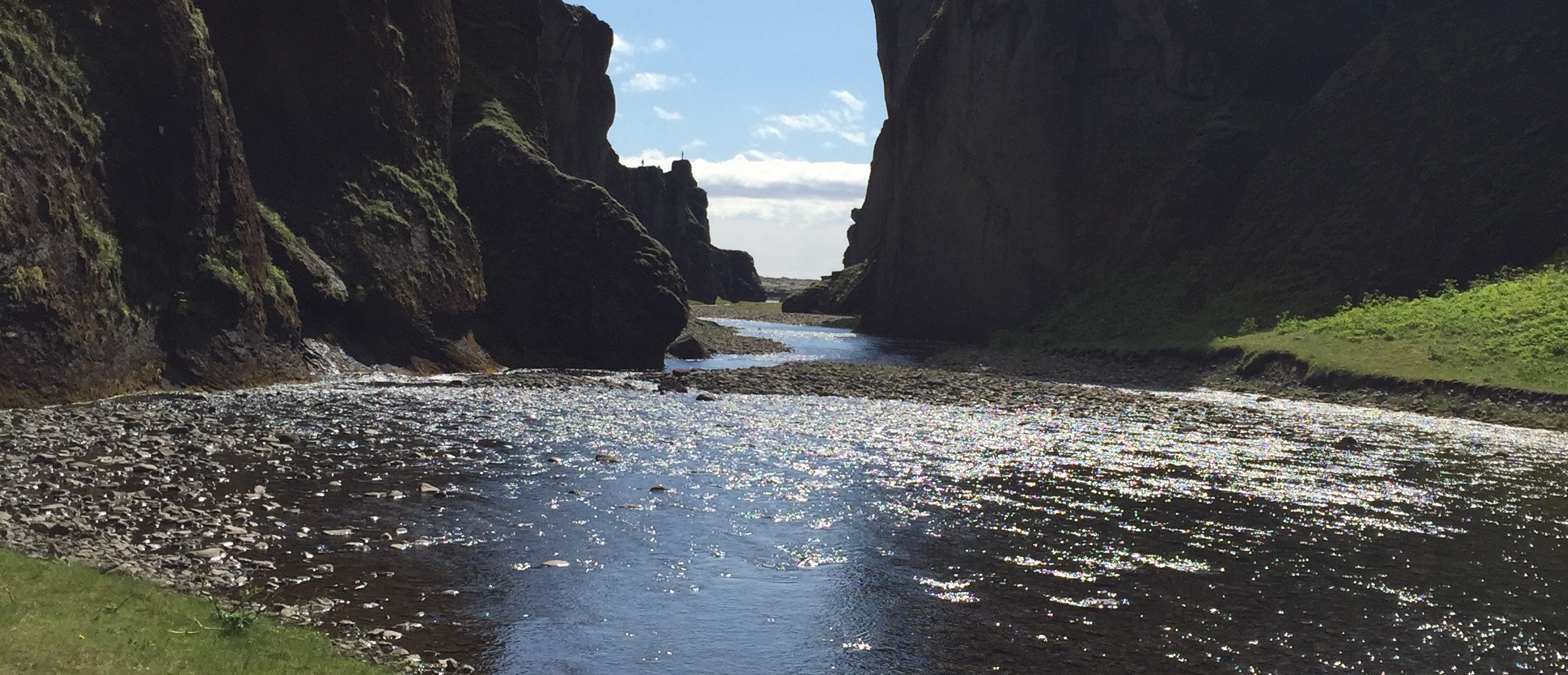
First in a series on aquaculture. What is our food future and how do we get there from here?